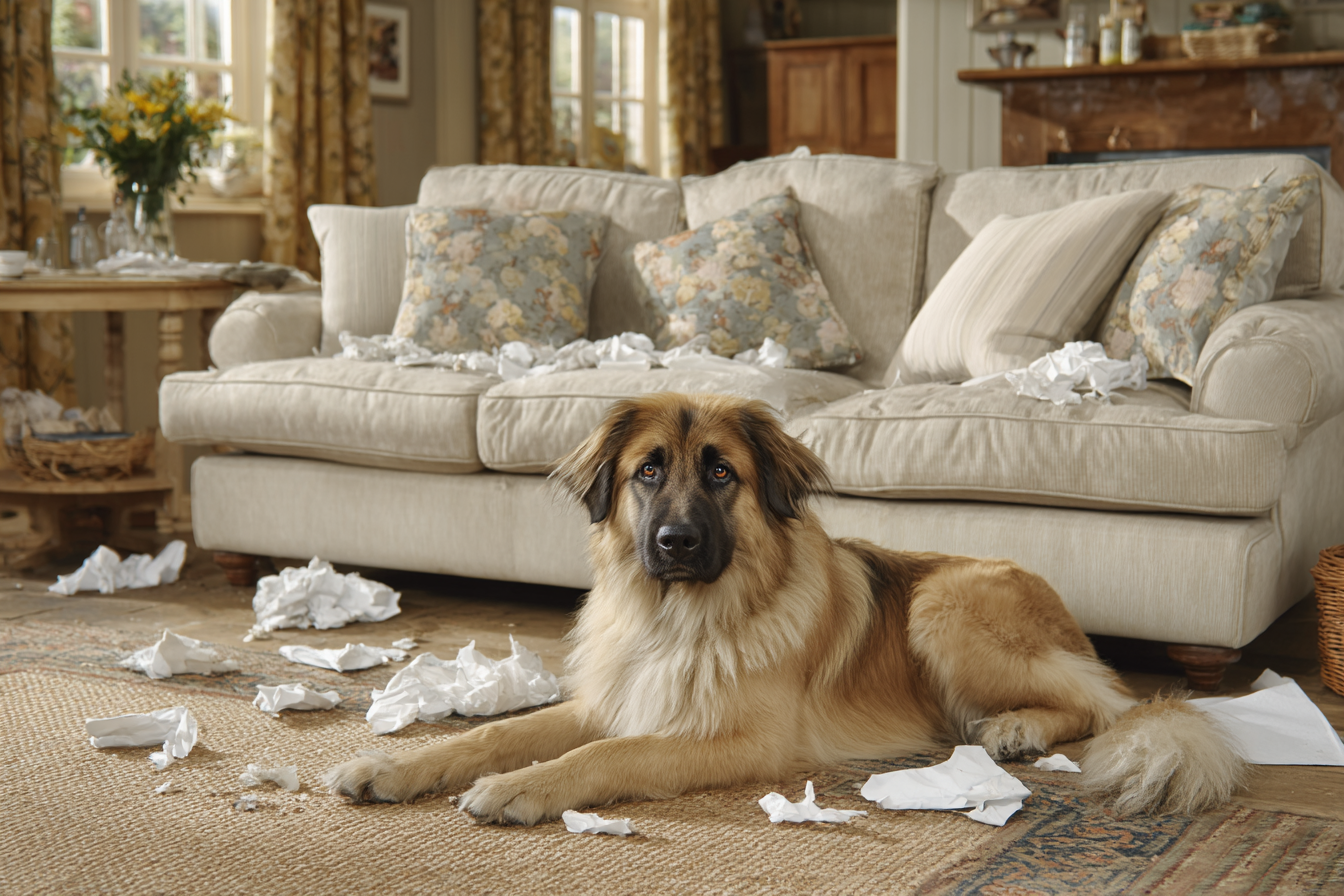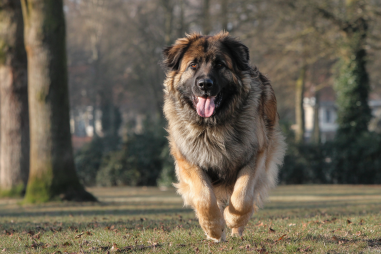Leonbergers are known for their gentle disposition, impressive size, and affectionate nature. However, like all dog breeds, they can sometimes develop behavior problems that may challenge even the most patient owners. Recognizing and understanding these common behavior issues is crucial for maintaining a happy, harmonious relationship with your Leonberger. In this article, we will explore the most frequent behavior problems, their causes, and effective strategies to manage and correct them.
Overview of Common Behavior Problems
Leonbergers are generally calm and well-mannered dogs, but several behavior problems can arise, especially if their needs are not adequately met. Some of the most common issues include separation anxiety, excessive chewing, barking, stubbornness during training, and sometimes territorial aggression. These behaviors, while frustrating, often stem from unmet physical or emotional needs and can be addressed with patience and consistent training.
Causes of Undesirable Behaviors
Understanding why a Leonberger develops certain problematic behaviors is key to resolving them effectively. Many issues are rooted in:
- Separation Anxiety: Leonbergers are loyal and form strong bonds with their family. When left alone for long periods, they may become anxious and engage in destructive behaviors such as chewing or excessive barking.
- Boredom and Lack of Stimulation: These intelligent dogs require both physical exercise and mental stimulation. Insufficient activity can lead to destructive behaviors as they attempt to entertain themselves.
- Improper Socialization: Early socialization is crucial. Dogs that haven’t been exposed to different environments, people, or animals may become fearful or aggressive in new situations.
- Lack of Consistent Training: Without clear boundaries and consistent rules, Leonbergers may develop stubborn or disobedient habits.
Strategies for Prevention
Preventing behavior problems in your Leonberger begins with meeting their physical and emotional needs right from the start. Here’s how to help your dog stay well-adjusted and happy:
- Provide Adequate Exercise: Leonbergers require daily exercise not only to maintain their health but also to burn off excess energy that could otherwise manifest as unwanted behaviors.
- Enrich Their Environment: Offer puzzle toys, training games, and interactive play to keep their minds stimulated.
- Early Socialization: Introduce your puppy to a variety of people, dogs, and environments to build confidence and reduce fears or aggression later in life.
- Create a Routine: Dogs thrive with predictable routines, including consistent feeding, walking, and playtimes, which can help reduce anxiety.
- Set Clear Boundaries: Establish house rules from the beginning, such as where your Leonberger is allowed to go and what behaviors are unacceptable.
Training Techniques to Modify Behavior
When behavior problems arise, training becomes an essential tool to correct them. Here are some effective approaches tailored for Leonbergers:
Managing Separation Anxiety
Start by gradually acclimating your dog to being alone. Leave for short periods at first, and gradually increase the duration. Use positive reinforcement when your Leonberger remains calm during your absence. Providing a safe and comfortable area with favorite toys can also help reduce stress.
Redirecting Chewing and Destructive Behavior
Ensure your dog has plenty of chew toys to satisfy this natural urge. When caught chewing on inappropriate items, redirect their attention to an acceptable toy and praise when they use it. Regular exercise and mental stimulation will also reduce boredom-driven destruction.
Addressing Stubbornness and Training Challenges
Leonbergers are intelligent but can sometimes show stubborn streaks. Use positive reinforcement techniques such as treats, praise, and playtime rewards to motivate your dog. Keep training sessions short and consistent to maintain their attention, and always remain patient.
Reducing Excessive Barking
Determine the cause of barking—whether it’s boredom, alerting to strangers, or anxiety—and address it accordingly. Training commands like “quiet” paired with rewards can teach your dog to control excessive barking. Avoid yelling, as it can increase stress and exacerbate the problem.
When to Seek Professional Help
Sometimes, behavior problems can be too challenging to handle alone. If your Leonberger’s behavior poses safety concerns, such as aggression or extreme anxiety, or if consistent training efforts are not producing results, it’s wise to seek professional assistance. Certified dog trainers, behaviorists, or veterinary behavior specialists can provide tailored guidance and intervention strategies. Early intervention often leads to better outcomes and reinforces the bond between you and your dog.
Maintaining Positive Behavior Long-Term
Consistency is the cornerstone of maintaining good behavior in your Leonberger. Reinforce training regularly, continue to provide adequate exercise and stimulation, and be mindful of changes in your dog’s environment that may trigger stress or anxiety.
Regular socialization opportunities, like visits to dog parks or playdates, help keep your Leonberger confident and well-mannered. Additionally, regular health check-ups ensure that pain or illness is not contributing to behavioral changes.
Enjoying a Harmonious Life with Your Leonberger
Leonbergers are loving and loyal companions who thrive with the right care and guidance. By recognizing common behavior problems early, understanding their causes, and applying consistent training and care, you can prevent many challenges and build a strong, positive relationship. Your Leonberger’s happiness and well-being are within your reach through patience, knowledge, and dedication.







